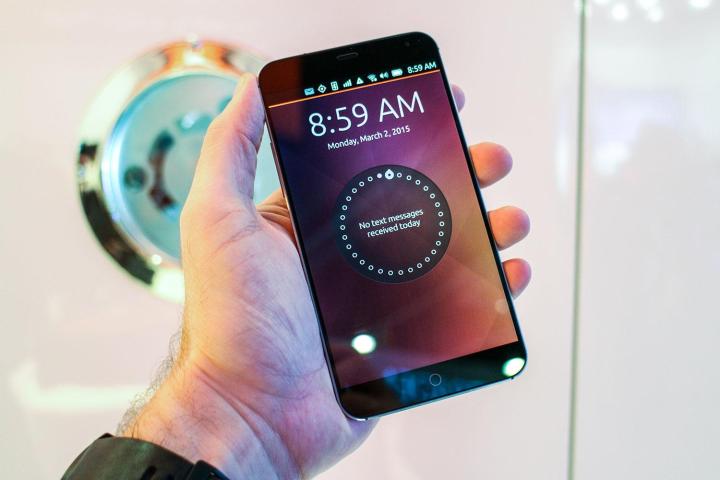
Ubuntu also aims to offer a phone that would provide a middle ground between mobile and desktop before the year is out, according to the founder of the company behind the OS, Mark Shuttleworth. Shuttleworth confirmed that the device will launch in 2015 in a YouTube Q&A earlier this morning, according to a report by Liliputing.
However, competition for this slice of the marketplace may become fierce. Microsoft has made no secret of its desires to capture the space that exists between desktops and portables for some time, making pushes both in terms of hardware, like the Surface, and in software, as demonstrated by the device agnosticism of Windows 10.
Given that Ubuntu isn’t nearly as familiar to most users as Windows is, it will be a much harder task to market a desktop/smartphone hybrid running the OS to the masses. Shuttleworth mentioned that a smartphone manufacturer is working to make the product a reality, but didn’t give any specifics; until we know which company is involved, it’s difficult to gauge how big the rollout of the phone might be.
Canonical — the company behind Ubuntu — previously made an attempt to fund such a project via IndieGogo back in 2013. While that campaign was ultimately unsuccessful, it did raise some $12 million of its $32 million goal. It’s clear that there is an audience that’s hungry for an Ubuntu-based smartphone with these capabilities; what’s less clear is whether its a big enough crowd to make the development of such a product worthwhile.
Editors' Recommendations
- An unknown company just set a new standard for smartphone cameras
- Apple has almost 50% of the global refurbished smartphone market
- Chess grandmaster accused of using smartphone to cheat during contest


